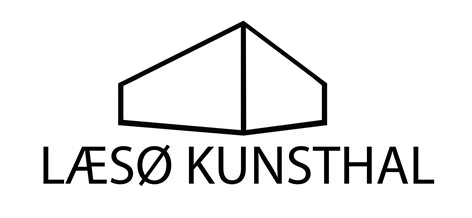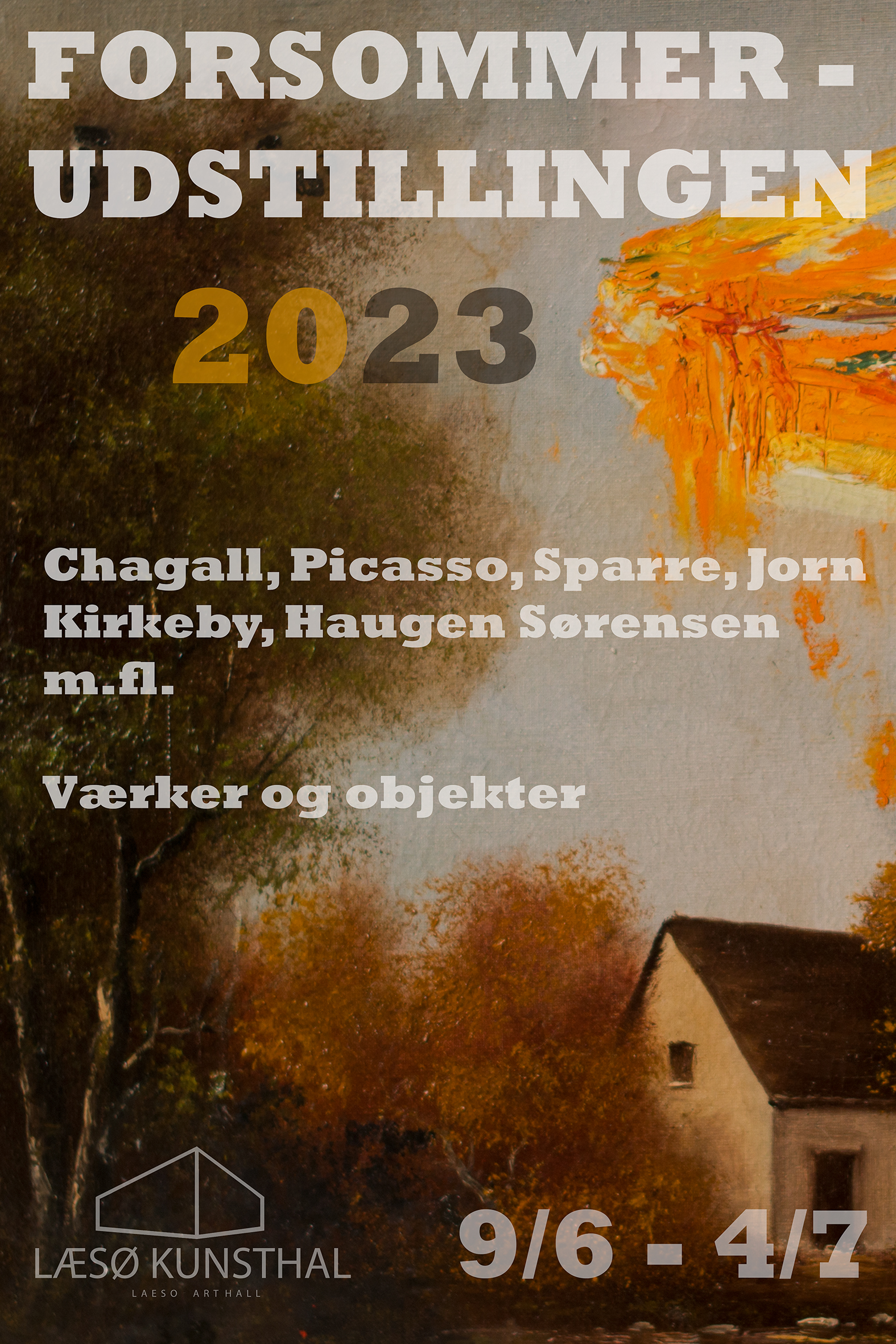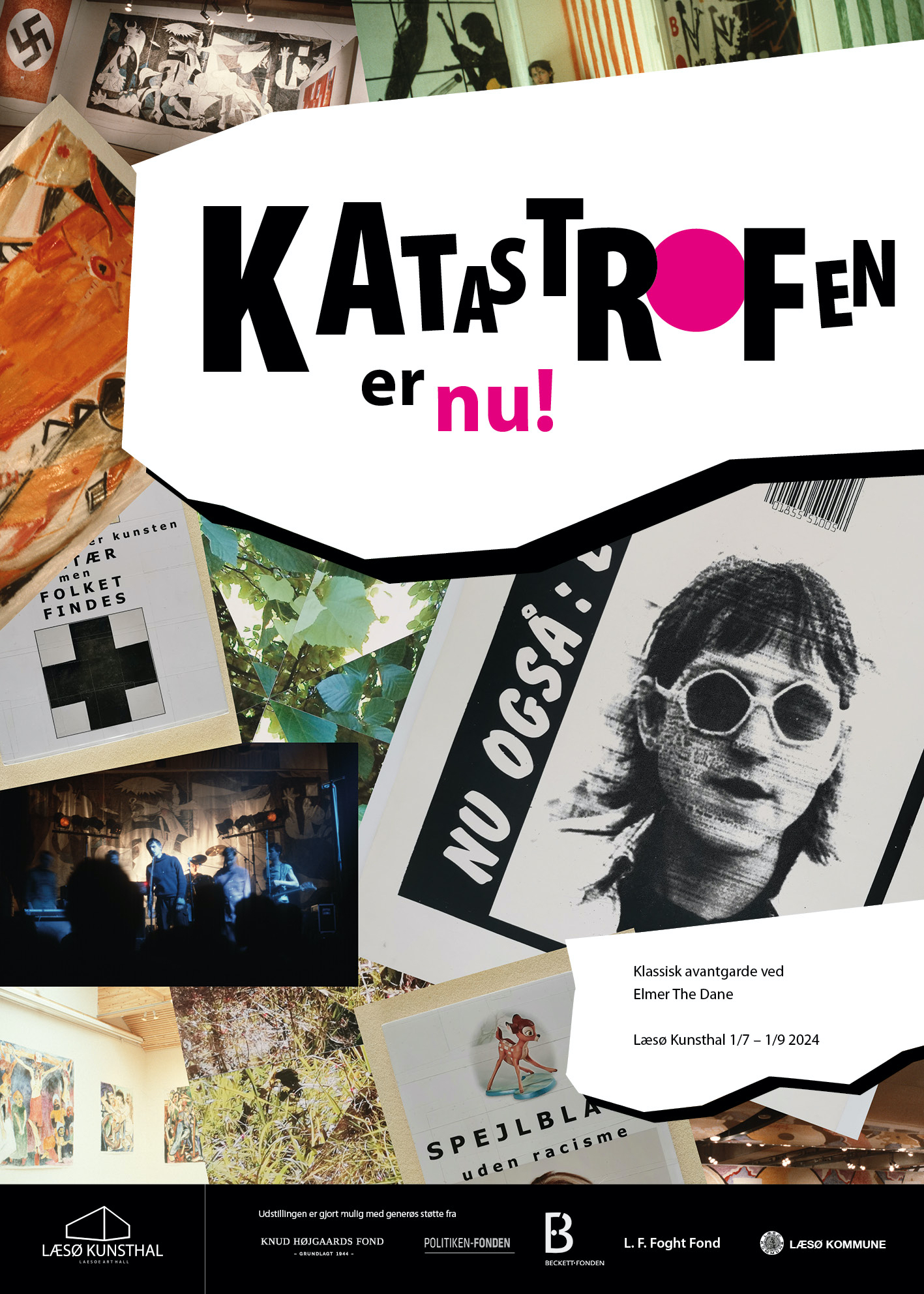
In English below
Den mangefacetterede kunstscene vi i dag tager for givet, har sin oprindelse i avantgardismen, hvis hovedværk, Marcel Duchamps (1887 – 1968) ”Fontæne”, et pissoir lagt ned på en sokkel, debuterede for godt 100 år siden. Med avantgardismen brød kunsten ikke kun ud af billedrammen, men også alle andre kategoriseringer, og flettede sig helt ind i hverdagslivet. Avantgardisternes vision var at skabe en bedre verden ved at brede kunsten ud i flest mulige sammenhænge. En tanke som kulminerede i en opfattelse om, at hvad som helst i princippet kan være kunst, hvis kunstneren og andre kompetencer omkring værket hævder det. Derfor kan et pissoir også fungere som et udstillingsobjekt.
Således bliver ingen i dag overrasket over, at man kan få kunst på recept, eller at kunst skal fremme værdier som diversitet, inklusion og klimabevidsthed.
Sommeren 2024 tager kunstneren Elmer, The Dane publikum med indenfor i den avantgardistiske side af samtidskunsten, tilbage til dens oprindelse.
Selv om det lyder fredfyldt, at kunsten trænger ind i flere livssammenhænge, skaber det også intens debat.
Da avantgardismen bragte kunsten ud i samfundet, førte den i høj grad også politikken ind i kunstlivet. Dermed kommer kunsten til at lægge scene til de politiske og ideologiske slagsmål i samtiden. Ligesom en kontrastvæske blotlægger kunsten menneskers forskellige verdenssyn. Også dette mener Elmer nødvendiggør, at man vender tilbage til udgangspunktet, og erindrer, hvor man kom fra.
Det seneste århundrede kan ligne en uafbrudt triumf for avantgarden. Men derfor lever den ikke nødvendigvis et ukompliceret liv. Dens sarkasmer og skæve vinkler kan affejes som ”partindlæg i debat” og beskyldes for slet ikke at være kunst; dens humor kan fremstå som nihilistisk; og dens flertydighed bliver typisk forenklet og forfladiget i ekstrem grad.
Med udstillingen ”Klassisk Avantgarde” udfordrer Elmer ”Den blinde tro på digitaliseringens fremskridt for enhver pris, og den nye veluddannede middelklasse af forskere i alting, som laver leveregler for sundhed, identitet og kultur; som har skabt et massivt enigt fællesskab af eksperter, der fortæller os hvad vi skal gøre, og ligesom studieværterne i ”Go morgen” og ”Go aften” Danmark, styrer tidsånden, med forbud og lovændringer, ”safe space” og ”cancel culture”.
Gennem nedslag i tidligere og nutidige værker folder Elmer kernen ud i den klassiske avantgarde, både aristokratisk og demokratisk af natur, som han har levet med den i sin praksis som kunstner og underviser.
”Alle kan virkelig lave det. Det er klasseløst. Det ikke egen formåen, men ”Ideen an sich” der har ansvaret for det færdige maleri. Du kan selv. KONCEPTKUNST. Og i Elmers tilfælde: Ironisk distance. Alvor gennemstrømmet af humor.”
Publikum vil opleve et udstillingsrum, hvor Elmers praksis migrerer mellem forskellige metoder og tematikker, altid med det samme enkle mål, at nå ind til kernen i noget. Kunsten er en adkomst til erkendelse, en måde at se tingene uforfalsket. Som han siger i en samtale i udstillingens katalog:
“Kunst i traditionel forstand kan faktisk være lige meget.
At lave ting godt er ikke relevant længere. Kvalitet er irrelevant. Muligheden for at det kun er en fiks idé er til stede.”
Men alligevel bliver du ved?
“Det er meningsfuldt at kommentere på samtiden. Du er nødt til at sige det går ikke, eller stille spørgsmål. Kommentarerne er de sidste ting jeg har lavet. Løbet er kørt, ikke.
Man kan faktisk kun kommunikere på den her måde. Fordi vi taler til hinanden og ikke med hinanden i en konsensus-kultur.
Alt det menneskelige vil ende under jorden. Alt det digitale er på overfladen.
Den digitale verden snakker sammen. Det ligner en katastrofe. Det er bare som det er.
Og alle synes det er vigtigt. Det er ikke noget man lægger mærke til. Jeg har ingen dommedag. Dommedag er der nu. Katastrofen er nu. Det er det. Du lever midt i katastrofen.”
-*-
The multifaceted art scene we take for granted today has its origins in the avant-garde, whose masterpiece, Marcel Duchamp’s (1887 – 1968) “Fountain”, a urinal placed on a plinth, debuted over 100 years ago. With avant-gardism, art not only broke out of the picture frame, but also all other categorisations, and wove itself into everyday life. The vision of the avant-garde was to create a better world by spreading art in as many contexts as possible. An idea that culminated in the belief that, in principle, anything can be art if the artist and other competences around the work claim it. Therefore, a urinal can also function as an exhibition object.
No one is surprised today that art is available on prescription or that art should promote values such as diversity, inclusion and climate awareness.
In the summer of 2024, artist Elmer, The Dane takes the audience inside the avant-garde side of contemporary art, back to its origins.
While it sounds peaceful that art is penetrating most contexts of life, it also creates intense debate.
When the avant-garde brought art into society, it also brought politics into the art world to a large extent. In this way, art sets the stage for the political and ideological battles of our time. Like a contrasting fluid, art exposes people’s different worldviews. Elmer also believes that this makes it necessary to return to the starting point and remember where you came from.
The last century may seem like an uninterrupted triumph for the avant-garde. But that doesn’t necessarily mean it leads an uncomplicated life. Its sarcasm and oblique angles can be dismissed as “partisan debate” and accused of not being art at all; its humour can appear nihilistic; and its ambiguity is typically simplified and flattened to an extreme degree.
With the exhibition “Classical Avant-garde” Elmer challenges “The blind faith in the progress of digitalisation at all costs, and the new well-educated middle class of scientists in everything, who make rules for health, identity and culture; who have created a massive unanimous community of experts who tell us what to do, and like the hosts of “Go morgen” and “Go aften” Denmark, control the zeitgeist, with bans and law changes, “safe space” and “cancel culture”.
By looking at past and present works, Elmer unfolds the core of the classic avant-garde, both aristocratic and democratic in nature, as he has lived with it in his practice as an artist and teacher.
“Anyone can really make it. It’s classless. It’s not your own ability, but “Ideen an sich” that is responsible for the finished painting. You can do it yourself. CONCEPT ART. And in Elmer’s case: Ironic distance. Seriousness infused with humour.”
The audience will experience an exhibition space where Elmer’s practice migrates between different methods and themes, always with the same simple goal, to get to the core of something. Art is an access to realisation, a way of seeing things unadulterated. As he says in a conversation in the exhibition catalogue:
“Art in the traditional sense doesn’t really matter.
Making things well is not relevant anymore. Quality is irrelevant. The possibility that it’s just a fancy idea is present.”
But still you keep going?
“It’s meaningful to comment on the present. You have to say it doesn’t work or ask questions. The comments are the last things I’ve done. The race is over, right.
You can only really communicate this way. Because we talk to each other and not with each other in a consensus culture.
Everything human will end up underground. Everything digital is on the surface.
The digital world is talking to each other. It looks like a disaster. It’s just the way it is.
And everyone thinks it’s important. It’s not something you notice. I don’t have an idea of a future apocalypse. The apocalypse is now. That’s what it is. You live in the middle of the disaster.”
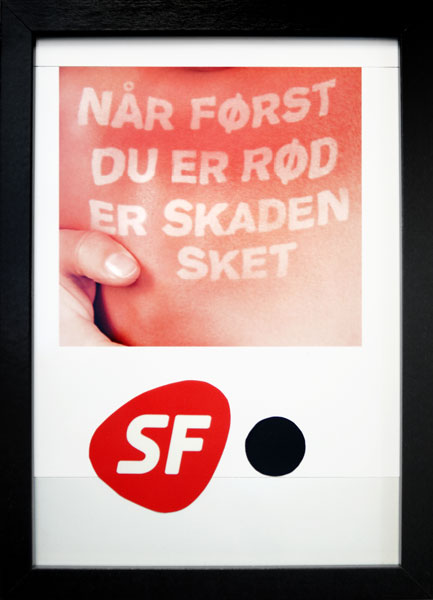
Picture: “Once you’re red, the damage is done”. Logo: The Socialist People’s Party
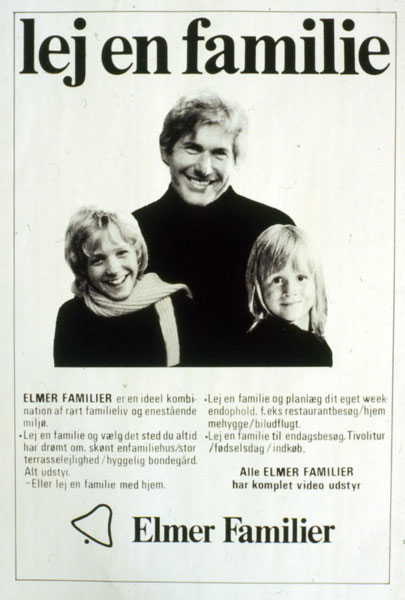
“Rent a family. The Elmer family is an ideal combination of a nice family life and a unique environment. Rent a family and choose the place you always dreamt about. A family house / huge top floor apartment / cosy farm. Everything fully equipped. Or rent a family to your home. Rent a family and plan your own weekend stay. For example going to a restaurant / siness at home / car trip. Rent a family for a one day visit. Giong to Tivoli / birthday / shopping. All Elmer families are equipped with comprehensive video equipment. The Elmer Families”
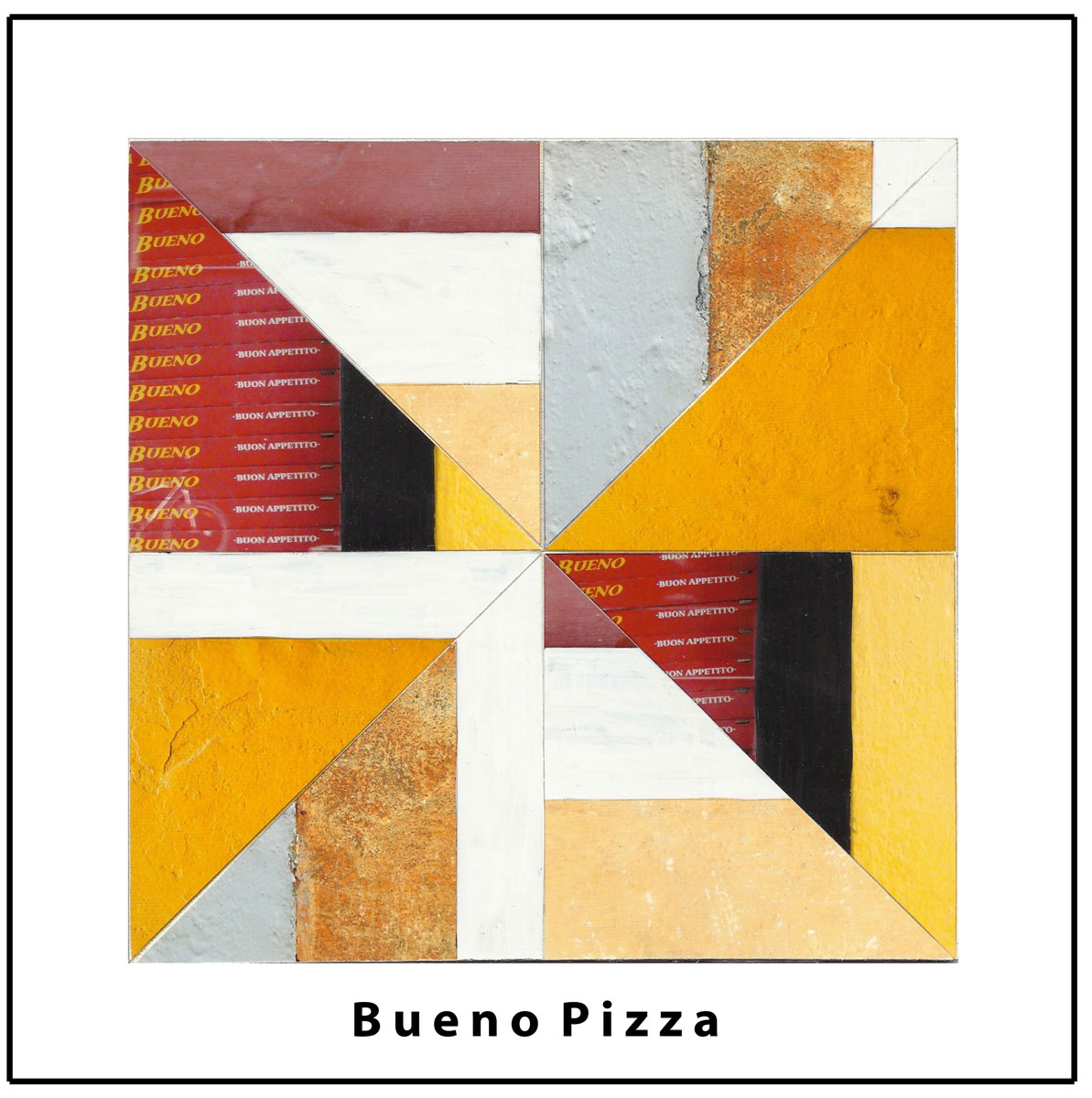
“Cut-up concrete”
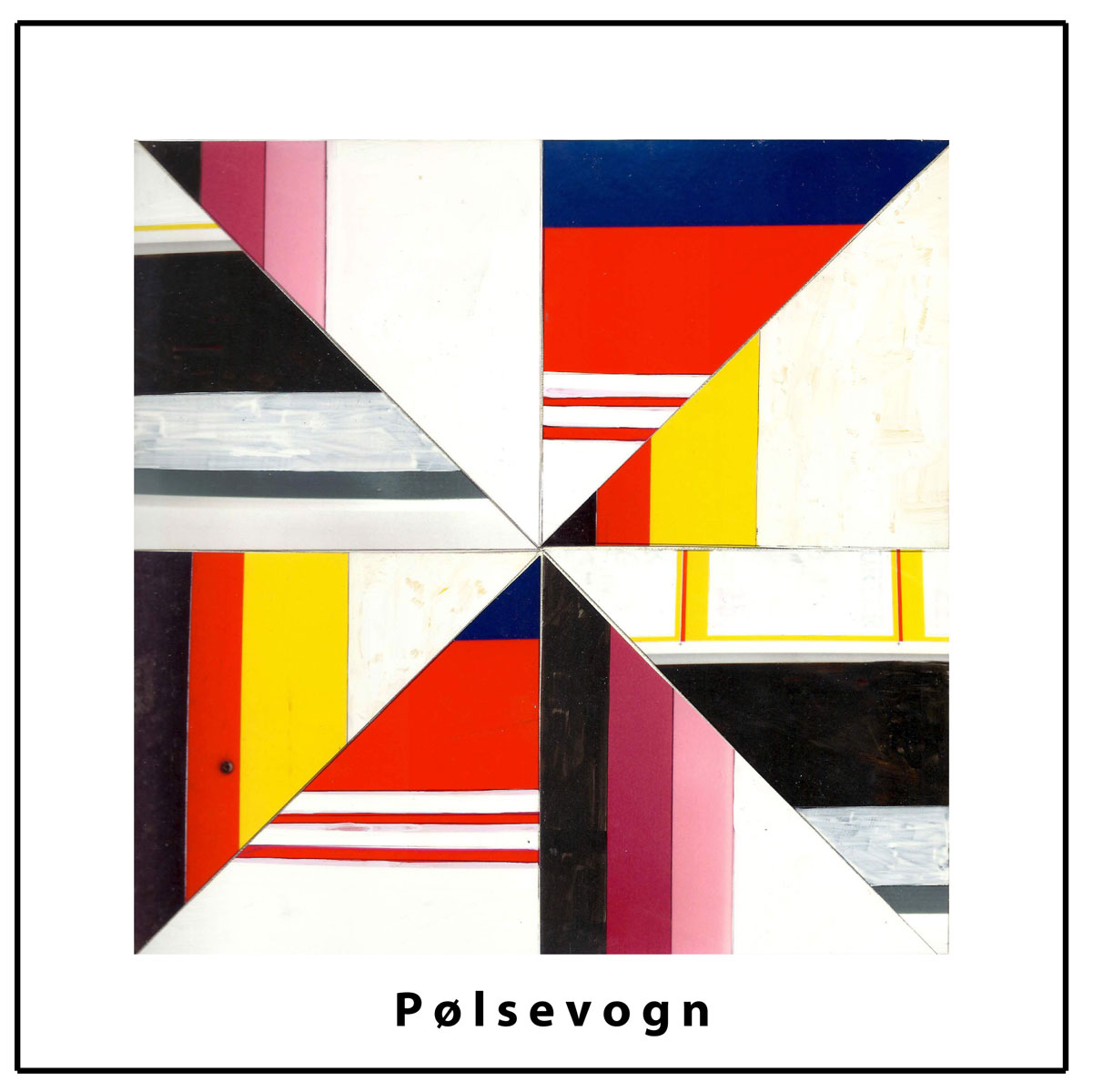
“Hot dog stand”
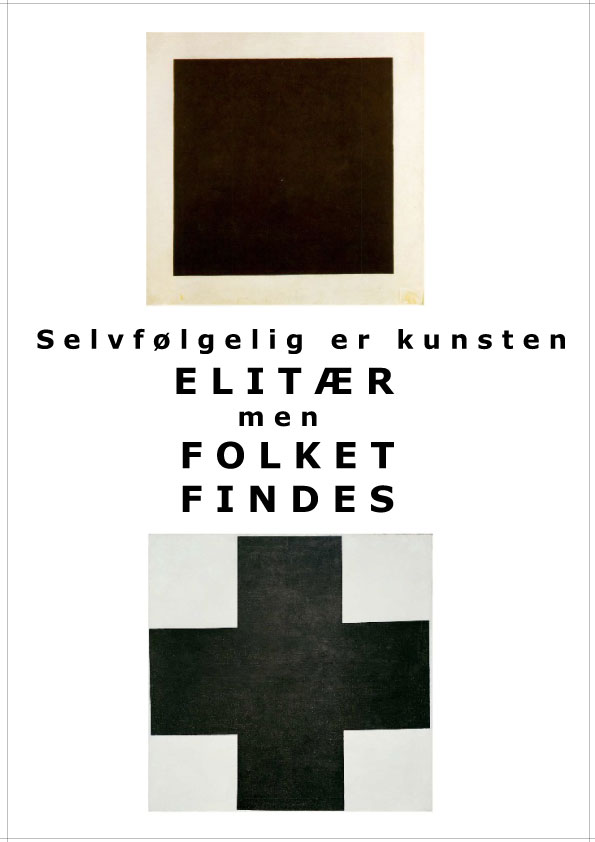
“Of course the art is elitist, but the people exists”
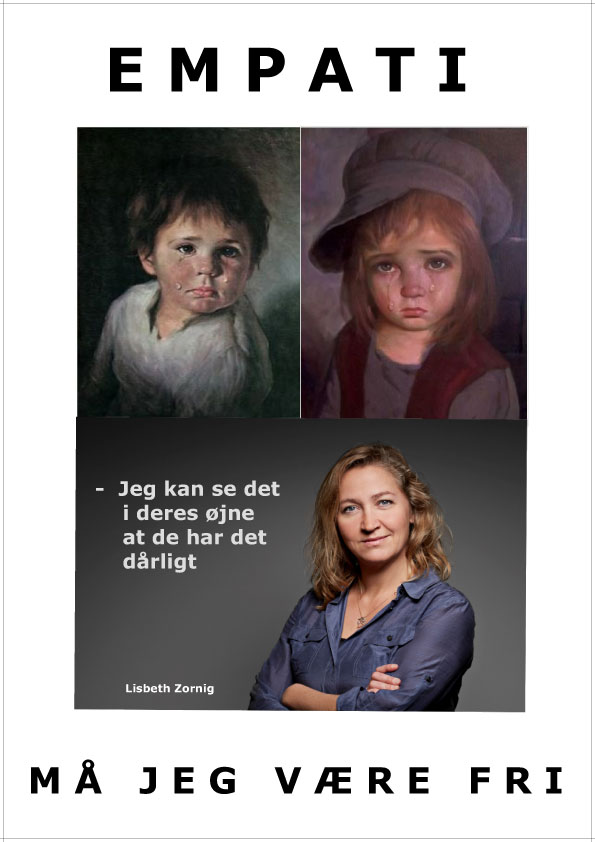
“Empathy / Please give me a break”. In the picture: “I can see it in their eyes that they are suffering”
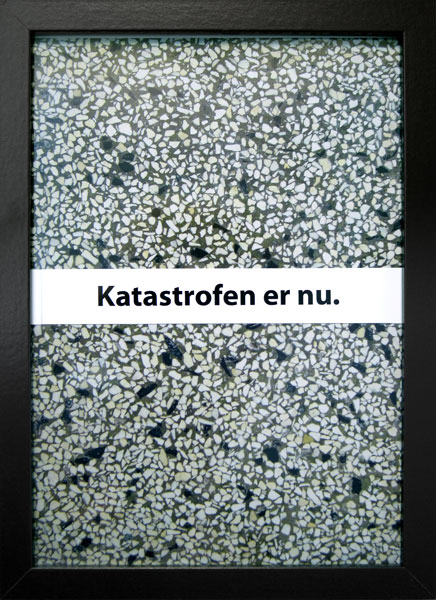
“The disaster is now”
